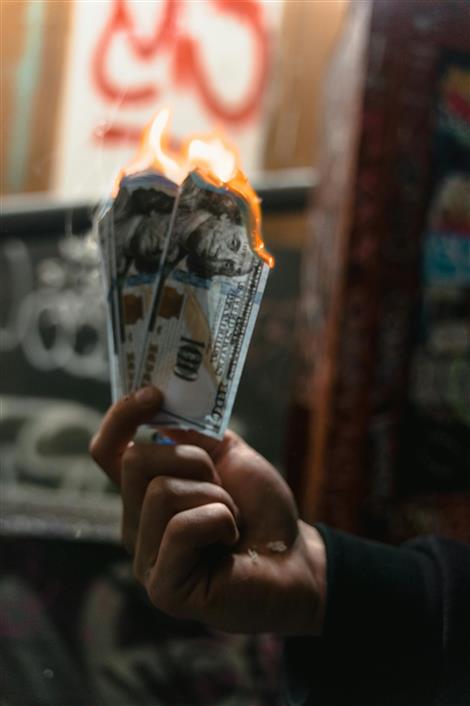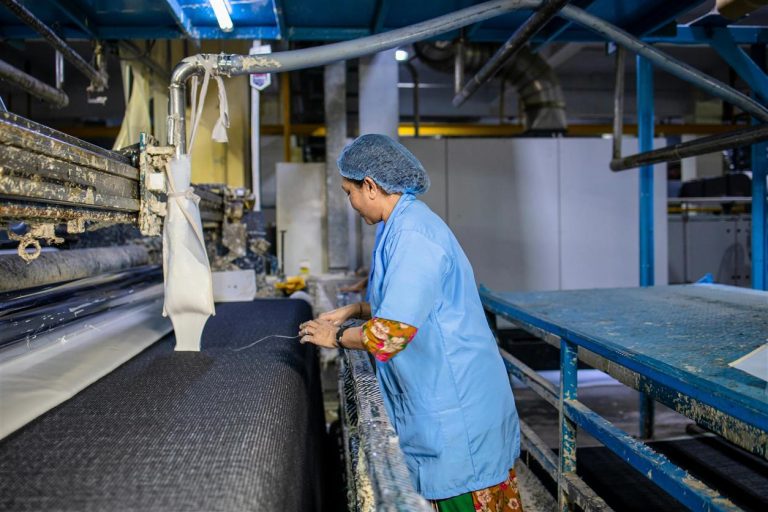
Inflation isn’t just a number printed in economic reports or debated in policy circles—it’s a slow, invisible pressure that reshapes how we live long before our bank accounts catch on. By the time headlines scream about rising prices, most people have already made changes. They just haven’t always named them.
What makes inflation especially insidious is how it begins to shift behavior in quiet, subtle ways. It’s not just about higher bills at checkout. It’s about what’s not bought, what’s quietly skipped, and what gets rationalized away.
The Pre-Price Hike Phase: A Shift in Mindset
Before the numbers rise, people notice something else: a feeling. Maybe it’s the sense that paychecks aren’t stretching as far, or that the little indulgences no longer feel deserved. It starts with hesitation—double-checking the price tag on everyday items, lingering longer in the discount aisle, or deciding not to eat out “just this once.”
People often respond to inflation well before the full data confirms it’s happening. This early response, sometimes called “precautionary tightening,” is based more on perception than mathematics. But perception is powerful. It sets off a domino effect in consumer habits.

The Vanishing Middle Ground
One of the first casualties of inflation anxiety is the mid-tier product or service. People either “treat themselves” to something nice—justifying the spend because everything else feels tough—or they downgrade to the most basic version, chalking it up to practicality.
For example, instead of a mid-priced bottle of wine, a shopper might grab the cheapest label—or splurge on a premium one to feel like they’re still in control. The middle option, once the most popular, is quietly abandoned.
This behavior isn’t irrational. It’s emotional math. People want to either save with certainty or spend with meaning—lukewarm choices start to feel like a waste.
Shrinking Social Lives
You don’t need to pull out a calculator to feel like drinks with friends are a little too frequent, or that birthdays and weddings are starting to ask more than they should. Social spending often drops early, but not dramatically. People don’t cancel; they pare down.
They arrive late and leave early. They skip the second drink. They say “next time” more often. It’s not because they don’t want to be there—it’s because even small outings now carry weight. When every decision has a financial aftertaste, it’s harder to be fully present.
The Guilt Around “Small” Luxuries
Inflation has a way of turning joy into guilt. That $4 coffee, once a ritual, now feels like a math problem. The little things—streaming subscriptions, takeout orders, impulse purchases—suddenly require justification. You don’t stop spending entirely; you just feel worse when you do.
This isn’t necessarily about affordability. It’s about emotional bandwidth. People begin to second-guess themselves, asking if they’re being “reckless” for wanting comfort. That self-doubt, over time, builds into resentment—at systems, at employers, at themselves.

A Quiet Redefinition of Needs
Needs don’t vanish—they get redefined. A family that used to budget for organic groceries may now see them as a luxury. A gym membership becomes “optional,” even if it’s the only form of stress relief. Priorities shuffle, often in ways that don’t line up with health or happiness.
What’s striking is that these shifts happen before most people would say they’re in financial distress. Inflation doesn’t have to break the bank to break routines. It just has to make things feel less certain, less stable.
Cultural Shifts Hidden in Receipts
Look at any family’s receipts over a six-month stretch, and you’ll see a story. There might be fewer name brands. Fewer treats. Less variety. Grocery lists get tighter. Preferences give way to prices. This isn’t always about survival—it’s about adaptation.
When economists talk about “reduced demand,” what they’re really describing is exhaustion. People aren’t buying less because they want less. They’re buying less because they’re tired—of budgeting, of stretching, of pretending it’s all fine.
Inflation as a Mood, Not Just a Metric
Ultimately, inflation changes more than finances—it changes mood. It breeds caution, not panic. It makes people retreat inward, make smaller plans, think shorter-term. Vacations get postponed. Home repairs get delayed. Hope, in small ways, gets deferred.
We tend to think of inflation as something that happens to money. But really, it happens to people. And before it ever empties a wallet, it quietly empties some of the lightness from everyday life.






